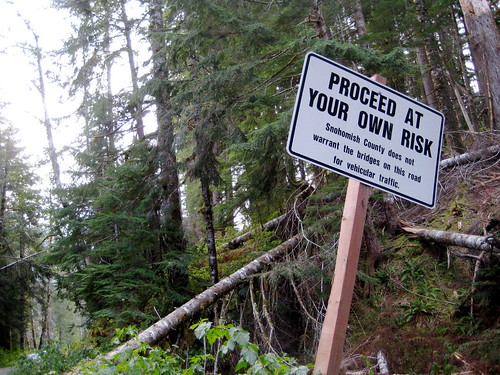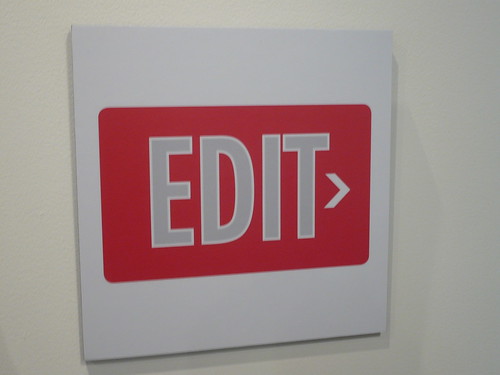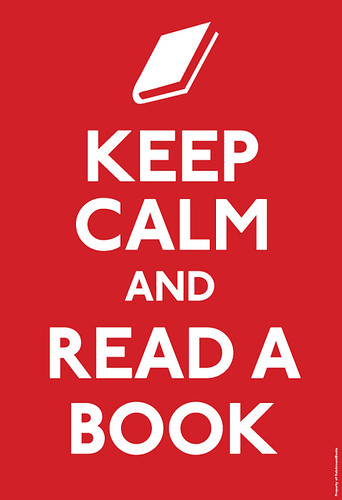(Another in the continuing “Monday Morning Insight” series of quotes to start the week.)
Today is author Richard Matheson’s birthday (20 February 1926 – 23 June 2013), but the quote I’m going to focus on doesn’t come from any of his famous works. Matheson is probably best known as the author of the vampire novel I Am Legend, which not only made it onto the big screen itself but was the inspiration for one of the most iconic zombie movies of all time, George Romero’s Night of the Living Dead. In addition, Matheson wrote for movies and television, where one of his leading works was the Twilight Zone episode “Nightmare at 20,000 Feet.”
In 1994, Matheson was interviewed in The New York Times, in which he said:
Life is a risk; so is writing. You have to love it.
The “life is a risk” part is pretty straightforward. Life is risky, and it’s important to acknowledge that, perhaps especially in this day of legislative and regulatory efforts to eliminate the riskiness of our day-to-day existence.
But how is writing a risk?

It’s dangerous out there…. (Image: “Risky?,” by Pig Monkey, on Flickr, under Creative Commons.)
In the abstract, writing is not risky in terms of danger to life or limb. Not all risk is physical. A case could be made that writing itself, the act of writing, is no risk at all; but those who have faced persecution over things they wrote would surely disagree.
For most of us, the risk is not so dire. When we write, we privately face the uncertainty of whether our words will be adequate to express the fullness of our thoughts, and uncertainty is part of risk.
The risk increases when we dare release what we’ve written into the world. Whether we’ve posted something for free on a message board or blog, or offered something for sale in some way, we run the risks of being rejected, being misunderstood, perhaps even being vilified for the thoughts we’ve articulated and the way we’ve stated them.
So we may not usually face bodily risk, but if our thoughts are personal to us, meaningful to us, the risk we perceive is real even though not tangible.
Yet we persist. Possibly we do so because we believe in what we’ve said; possibly because we think whatever reward we might receive is worth the risk of failure; possibly because we’re driven to do it for reasons we can’t articulate. But doing it out of love makes it easier to persist for very long.
Sometimes I wonder if I love it enough.
___
P.S. It’s good for those of us who write to concede that reading is also a risk. Feel like taking a small risk? As I’ve said before, Quality Education won’t magically transform your life, but I’m confident you can find some worth in it.















